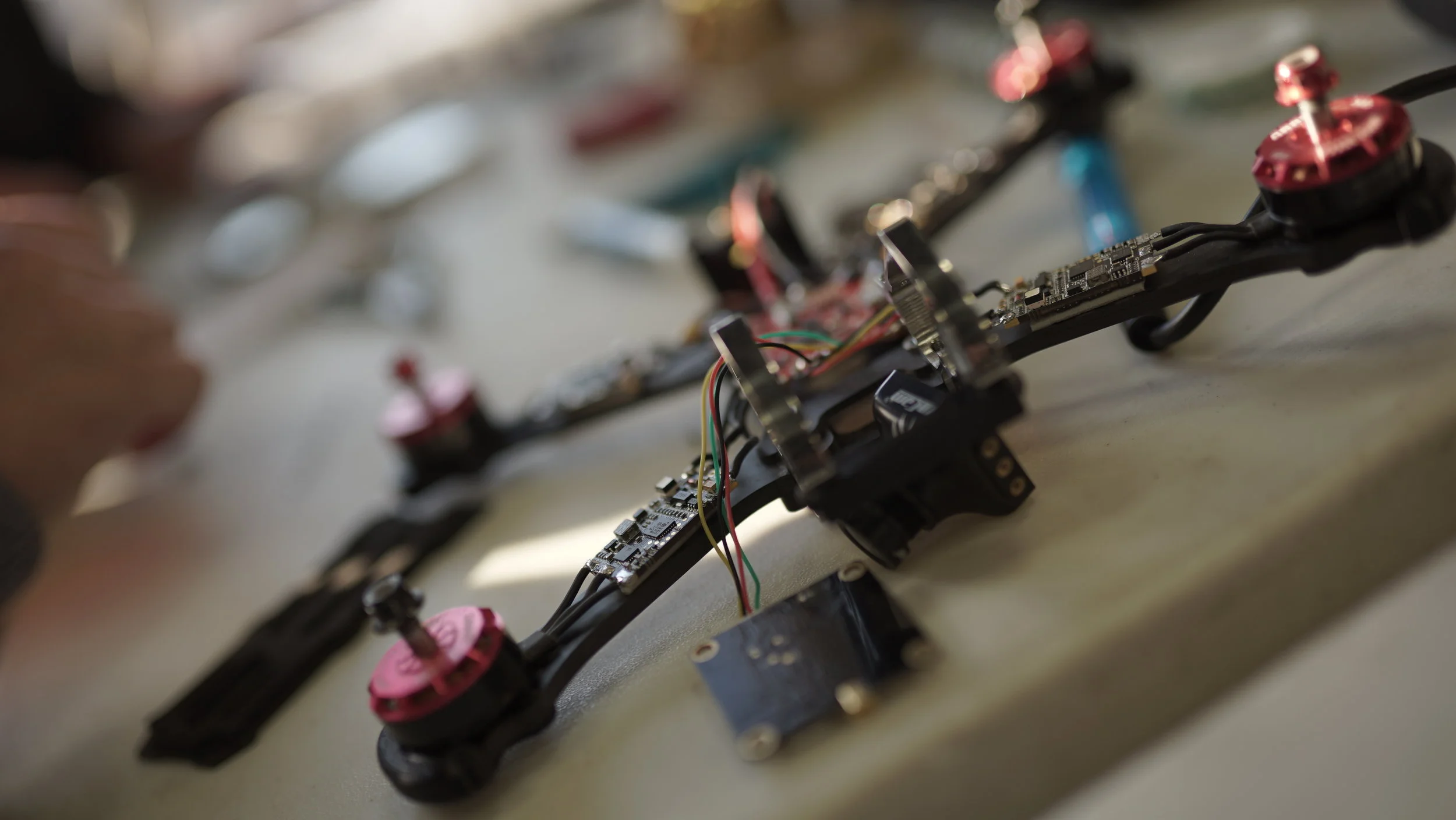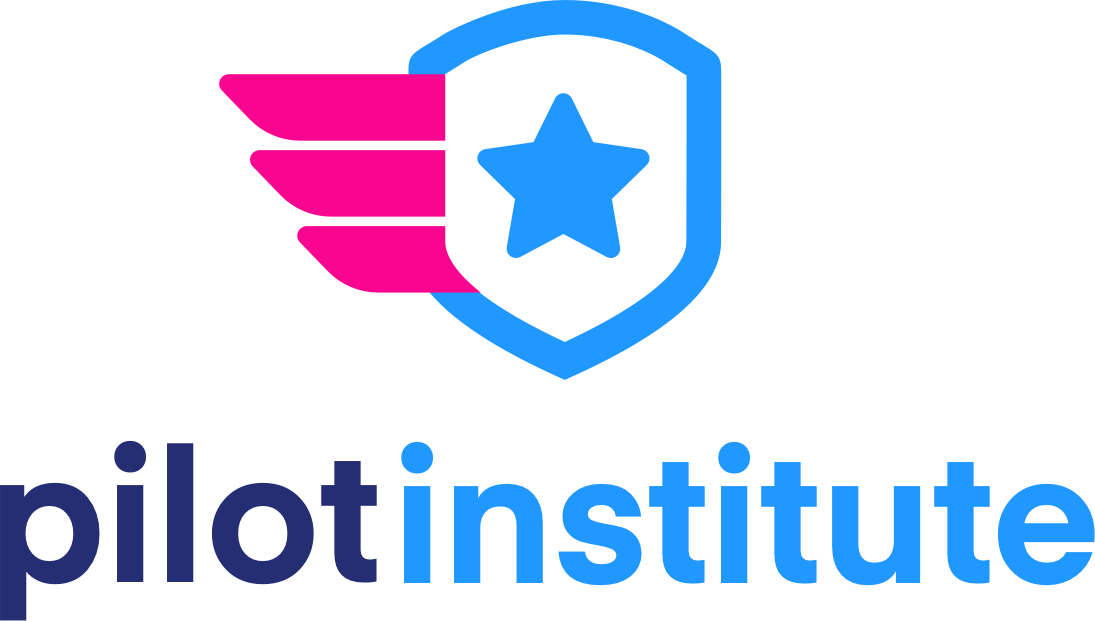Why did we form FPVFC and who we are:
Regulations prior to October 2018 prevented the FAA from issuing rules and regulations for model aircraft. That changed in the FAA Reauthorization Act of 2018 which repealed section 336, the model aircraft waiver, and gave the FAA full authority to issue rules and regulations for drones in the U.S.
Chad Kapper recognized this and created the FPV Freedom Coalition with the objective to bring together pilots, industry, education and government to advocate the FAA for the privilege to continue to fly in the U.S. National Airspace.
The FAA Reauthorization Act of 2018 was passed and signed into law in October 2018. One of the mandates in the document described a Community Based Organization (CBO). A CBO will be recognized by the FAA as representing a community of operators and the FAA will accept recommendations from this organization. The FAA also stated a CBO must be a 501(c)(3) not-for-profit organization in order to be considered for CBO status. For this reason, we incorporated the FPVFC in December 2018 and gained IRS 501(c)(3) approval on February 25, 2019. On December 14, 2022, we became officially recognized by the FAA as a CBO.
FPVFC incorporated and 501(c)(3) approved by IRS:
The FPVFC is a nonstock, not-for-profit corporation under the provisions of the Virginia Nonstock Corporation Act, Chapter 10, Title 13.1 of the Code of Virginia. As stated in this Virginia code, the FPVFC may not issue shares of stock, no dividend shall be paid, and no part of the income of the FPVFC shall be distributed to its members, directors or officers. Also, per the FPVFC Articles of Incorporation, no Board of Director may receive compensation with the exception of reimbursement of reasonable expenses (e.g. travel). Further, we are required to not turn a profit, year over year. That means that any income received is used to further our mission.
FPVFC mission and mission statement:
The mission of the corporation is the furtherance of community based model aviation, including but not limited to: providing a comprehensive set of safety guidelines for all aspects of FPV model aviation, addressing the assembly and operation of model aircraft, emphasizing safe FPV aeromodelling operations within the national airspace system and the protection and safety of individuals and property on the ground, with an emphasis on providing a comprehensive set of safety rules and programming for the operation of unmanned aircraft that have the advanced flight capabilities enabling active, sustained, and controlled navigation of the aircraft beyond visual line of sight of the operator.
The mission statement of the FPV Freedom Coalition is to foster the freedoms of recreational FPV pilots, enhance our culture through defined safety guidelines and effective educational resources while protecting the privilege to access abundant airspace.
The relationship between the Board of Directors and Officers of FPVFC:
The Board of Directors has a fiduciary responsibility to ensure the FPVFC is run as a not-for-profit corporation. The U.S. government and the state of Virginia provide tax exemption to not-for-profit corporations and expect all not-for-profit organizations under the 501(c)(3) code to manage the corporation within strict rules and to submit financial statements each year (990 and 990N).
The FPVFC Board of Directors provides the two FPVFC Officers (the President and Vice President) with general guidance. For example, it is our mandate to operate in the black and not rack up debt. It’s also our mandate from the board to be company neutral within the industry. Explicitly, that means if any industry company would like to participate in FPVFC, such as DJI, T-Motor or SunnySky they would be welcome.
The role of FPVFC Officers:
Per Federal and State law as well as consistent with FPVFC Articles of Incorporation, it is acceptable for officers to be paid hourly or salaries for the work they do for FPVFC. At this point (June 2019), none of the officers, managers or staff in FPVFC has received any compensation. And, to repeat, per our Articles of Incorporation, the Board members are not allowed and have not received any compensation from FPVFC.
The role of the FPVFC officers, managers and staff has been to perform all the work to create and run the FPVFC. This includes:
Marketing
Strategy
Social Media moderation and responses on Facebook, Instagram
Schedule and lead every other week Town Hall meetings on Discord
IT and FAA watching
Website creation and management
Email management
Operations
Budget creation
Contracting membership outsourcing company
Process Google nonprofit requests
Manage bank accounts
Contracting attorneys
Contracting accountants
Schedule and lead weekly business meetings
Governance
Scheduling and managing Board meetings
Corporate Development
Agreement with Insurance provider
Funding of the FPVFC:
Doing business, even as a nonprofit, is not free. We are a small team of dedicated FPV enthusiasts and supporters working to ensure we all have access to the national airspace.. Costs of Incorporation, gaining 501(c)(3) approval, web presence, software, Lawyers, Accountants, etc. cost money. We pay for all of that with the support of the FPV community, through donations, grants, memberships, and merchandise. Right now, no one on the FPVFC team has been paid. This may change in the future for Officers and employees (it will not change for Board Members). Right now, the people working for FPVFC benefit by seeing the value we bring to the community we represent. That means today, any and all income goes to support the FPV community and our rights to fly in the U.S. National Airspace. It is through you that we live to continue our efforts. It is for you that we carry on the mission.







